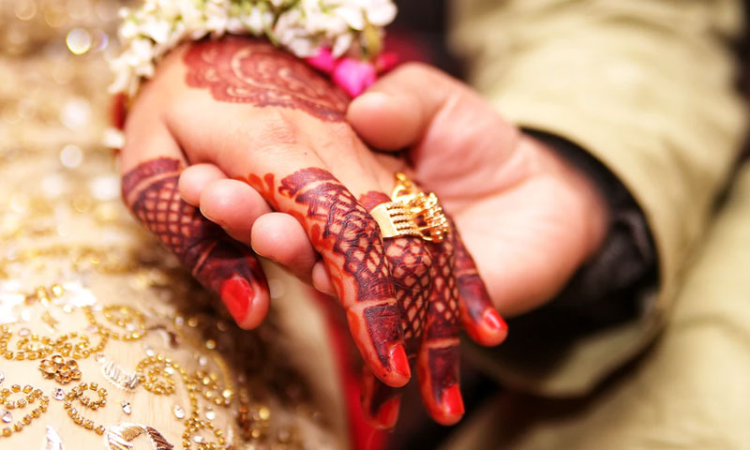In response to a petition seeking the declaration of Sections 6 and 7 of the Special Marriage Act, 1954 as null, void and ultravires to the Constitution of India, the Central Government has informed the Delhi High Court that, "the intention behind the Act is to keep adequate safeguards to the interest of various parties involved," and that if a 30-day notice as required under Section 7 is...

